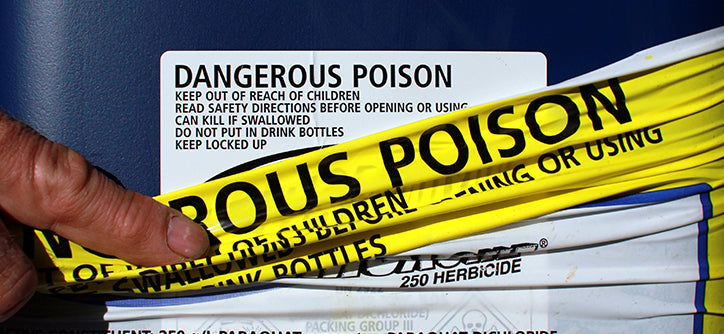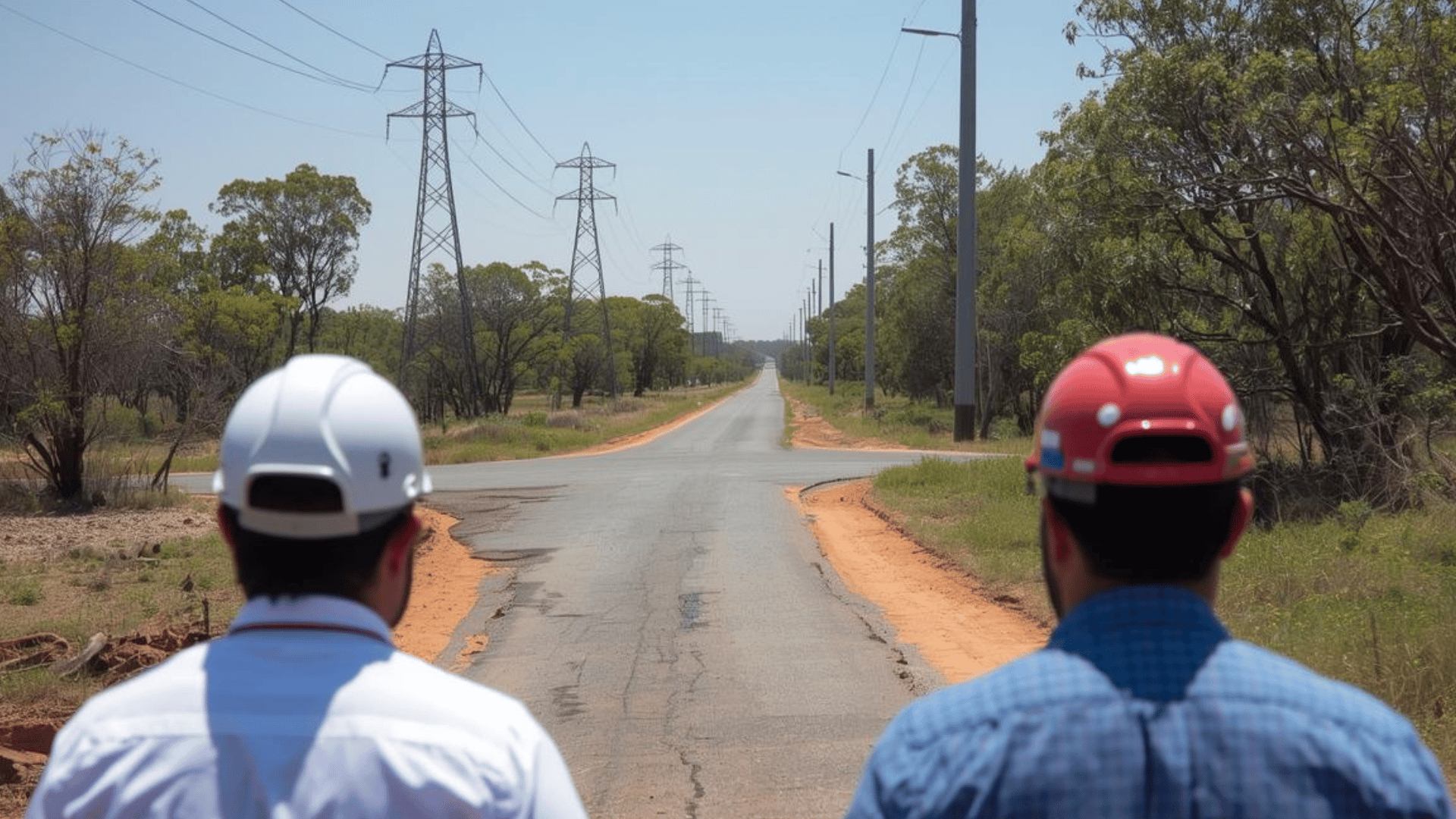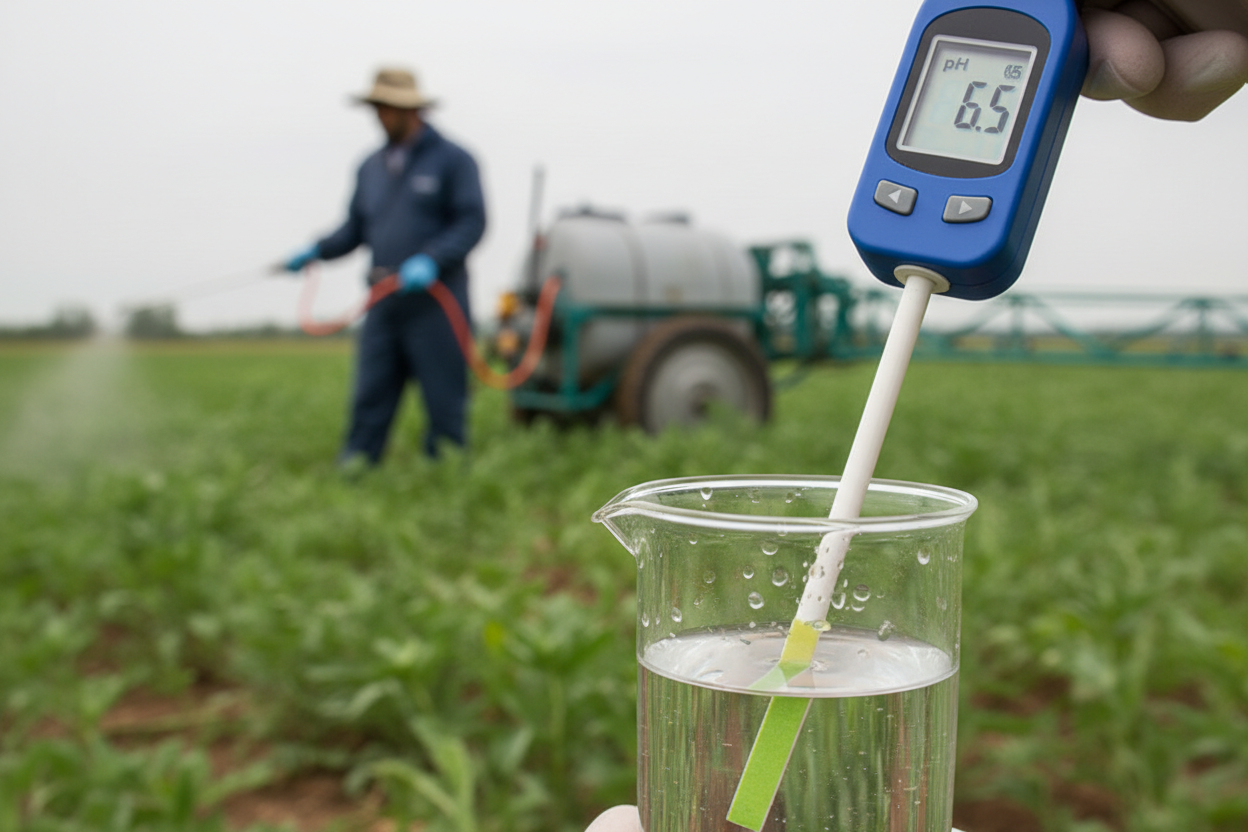
Navigating the Off-Label Permit System by APVMA in Australia
Navigating the Off-Label Permit System Managed by APVMA in Australia
Australia's diverse landscape often presents unique challenges in weed and pest control. To address these challenges, the Australian Pesticides and Veterinary Medicines Authority (APVMA) manages the Off-Label Permit System, which provides flexibility in pesticide use. In this comprehensive article, we will explore how this system works, who applies for these permits, and the various permits available for weed control in non-crop and environmental areas.

Understanding the Off-Label Permit System
Purpose and Function
The Off-Label Permit System allows for the controlled use of pesticides in ways not specified on the registered label. Its primary purpose is to address specific pest or weed challenges when registered products are insufficient or unavailable.
Regulatory Oversight
APVMA administers the system, ensuring that permits are granted based on sound scientific evidence and that their use is safe for humans, animals, and the environment.
Permits register
The APVMA maintains a database of all Off-label permits on its website, where users can see if there are permits available to cover their specific use requirements.
Application and Approval Process
Who Applies for Off-Label Permits?
Various stakeholders can apply for off-label permits, including growers, researchers, industry groups, government agencies, and environmental organisations. These permits are sought when registered products cannot adequately address specific pest or weed issues.
Application Process
Applicants must submit a comprehensive application to APVMA, outlining the need for the permit, the proposed use, and the scientific rationale supporting the request.
Scientific Assessment
APVMA conducts a rigorous scientific assessment to evaluate the risks and benefits associated with the requested off-label use. This assessment considers human health, environmental impact, and efficacy.

Types of Off-Label Permits for Weed Control
Emergency Use Permits
Emergency Use Permits are issued for situations where pest or weed outbreaks pose an immediate threat, and registered products are insufficient. These permits are time-limited, often specific to certain jurisdiction's and used in critical situations.
Specific Use Permits
Specific Use Permits are issued for controlled, non-emergency situations where off-label use is necessary. They are typically granted for a specific timeframe, jusirdiction and purpose.
Current Off-Label Permits for Weed Control in Non-Crop and Environmental Areas
Permit for Use of Glyphosate in Sensitive Environmental Areas:
- This permit allows for the controlled use of glyphosate in sensitive environmental zones, such as conservation areas and waterways, where registered products may not be suitable.
Permit for Control of Aquatic Weeds in Water Bodies:
- Issued for the management of aquatic weeds in ponds, lakes, and waterways to protect aquatic ecosystems and maintain water quality.
Emergency Permit for Use of Triclopyr in National Parks:
- An emergency permit issued to address invasive weeds in national parks and conservation areas, safeguarding native flora and fauna.
Permit for Use of Metsulfuron Methyl in Bushland Weed Control:
- This permit allows the controlled application of Metsulfuron methyl in bushland and natural reserves to combat invasive weed species.
Permit for Emergency Use of Aminopyralid in Urban Areas:
- An emergency permit for the use of aminopyralid in urban settings to manage noxious weeds threatening public spaces and roadside areas.
The Off-Label Permit System managed by APVMA serves as a crucial tool for addressing unique pest and weed challenges in non-crop and environmental areas across Australia. These permits are granted after a rigorous scientific assessment to ensure safety and efficacy.
The permits listed here demonstrate how this system adapts to various weed issues, protecting both the environment and public spaces from invasive species.
It is essential to stay updated on permit availability and conditions by consulting the APVMA's official website for the most current information.
Additional content
VIEW GWS' ADDITIONAL CONTENT TO LEARN MORE ABOUT THE WEED INDUSTRY

One of the strongest arguments for Integrated Vegetation Management is not operational, it is governance based. In traditional reactive vegetation management models, decisions are often difficult t...
Read more
As Integrated Vegetation Management gains traction, one question consistently arises, how do we change contracting models without increasing risk or losing governance control. This concern is under...
Read more
Town Water pH in Australia and Its Impact on Weak Acid Herbicides
Australian vegetation managers often assume that town water is neutral and therefore suitable for spraying without adjustment. In practice, most municipal and regional water supplies are treated to...
Read more
